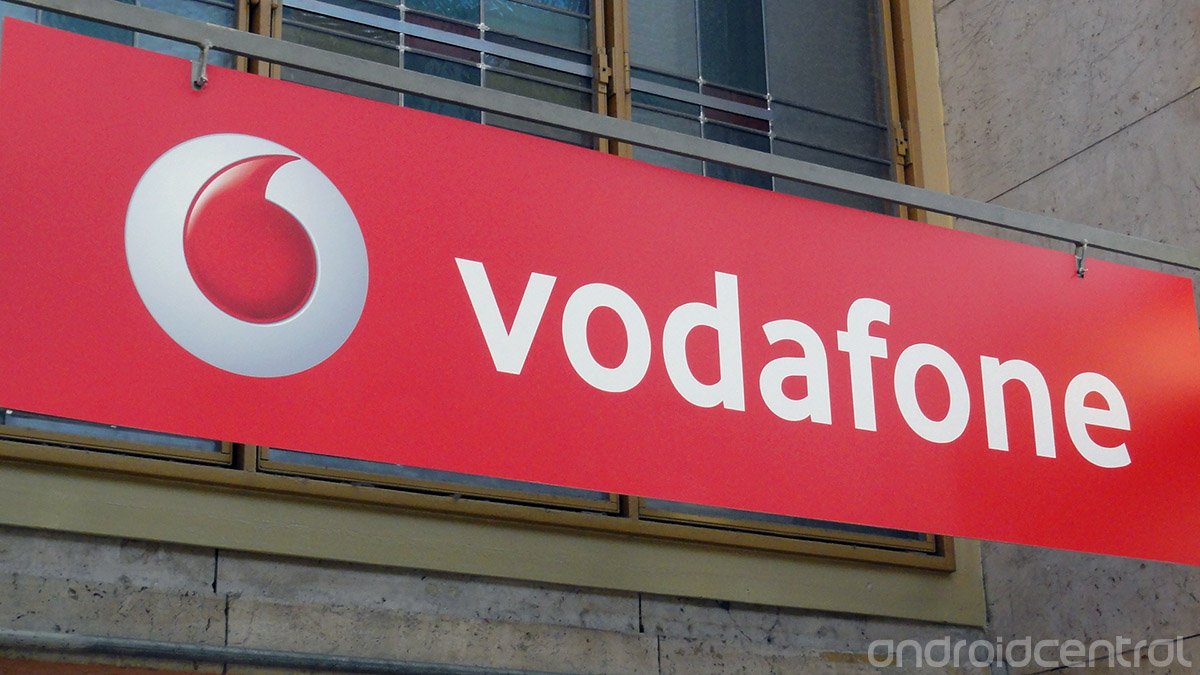Network congestion and infrastructure in need of expansion means the E.U.'s internet providers are in a tough spot right now.
Much of the world is at home right now. Shelter-in-place orders mean folks are working from home, kids are learning from home, and everyone is relaxing at home and watching their favorite movies and shows once the school or workday is done. And in some places, the internet is having a tough time keeping up.
It's a matter of bandwidth. Internet bandwidth isn't an unlimited resource — it depends entirely on the infrastructure that provides a path for the bits and bytes to turn into your daily Zoom staff meeting or your nightly binge-watching on Netflix. And this is one place where the U.S. has things in better shape than the E.U. — and why we're hearing about companies lowering streaming quality as a result.
Google Hangouts Meet vs. Zoom: Which conferencing tool is better for you?
It seems strange seeing this happen. Outside of Asia, where internet speeds and bandwidth are legendary, everyone looks to the E.U. as having a more robust infrastructure and regulatory system than in North America. This is part of the problem, strangely.
In North America, we're used to our internet being consistent but a bit behind when it comes to speeds and data caps, and a bit above when it comes to pricing. The companies that connect our phones and refrigerators and televisions to the internet are not the good guys when we look at our monthly bill or when we compare things against what the equivalent service costs in Europe.
The only saving grace providers in the U.S. have to fall back on is how those fees are placed back into funding for new equipment. This isn't done because AT&T or Comcast wants to offer more and better service, but because they want to deliver an equivalent level of service. Each year, more and more things are connected to the internet and an increasing number of people are signing up for service, and that means more equipment needs to be bought and built lest the network degrades to a point where customers will leave.
Internet bandwidth is not an all you can eat buffet like consumers think it is.
This is a serious problem where a lot of people are close to each other like they are in New York or Chicago or even smaller cities like Atlanta or Baltimore. When millions of customers buy a second connected device, that puts a serious strain on the network. This is happening in Europe, too, and there aren't quite as many wide-open spaces to build brick buildings with microwave dishes and antennas everywhere.
Which is the E.U.'s second, and larger problem: population density. Yes, you can find wilderness and "flyover" country in the E.U. but there are more sports where folks are packed tightly simply because countries in Europe are smaller. Telecom companies and internet providers do a great job in Europe, but because they aren't (over)charging the customer the same way comparable businesses in the U.S. are, there isn't a huge pool of money to dump into upkeep and expansion. And when everyone is trying to use the internet at the same time, it shows.
Important phone conversation with @ReedHastings, CEO of @Netflix
— Thierry Breton (@ThierryBreton) March 18, 2020
To beat #COVID19, we #StayAtHome
Teleworking & streaming help a lot but infrastructures might be in strain.
To secure Internet access for all, let’s #SwitchToStandard definition when HD is not necessary.
Nobody in Europe is pretending that it's going well. The European Commission has asked Netflix and Facebook and Google to limit the bitrate of streamed content, and as more people look to smaller streaming services, they too will be asked to be conservative when it comes to bandwidth because there isn't an unlimited amount of it. Austria, in particular, has gone the extra mile and "placed restrictions on the data consumption of high traffic websites" like streaming services such as Netflix.
Google reassures users that its systems can handle the added stress from COVID-19
And it's working. It's working so well in fact that content providers are seeing the benefit of doing the same in the U.S. before it becomes a problem. While Google and Facebook and Amazon are prepared to handle the traffic because of events like Black Friday or Cyber Monday, where everyone spends the day online, the pipes that deliver it might not be able to handle it all forever. Right now I'm going to say that internet service providers in the U.S. have done a very good job of handling the unprecedented traffic demands, but surely welcome any relief that's given.
As each day passes with more and more of the country staying home and using the internet three to four times more than normal, it's important that it holds up to the strain.
from Android Central - Android Forums, News, Reviews, Help and Android Wallpapers https://ift.tt/2R7PVlT
via IFTTT


Aucun commentaire:
Enregistrer un commentaire